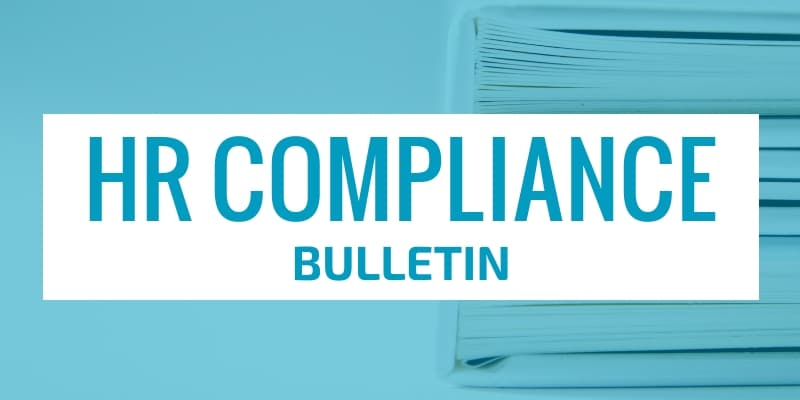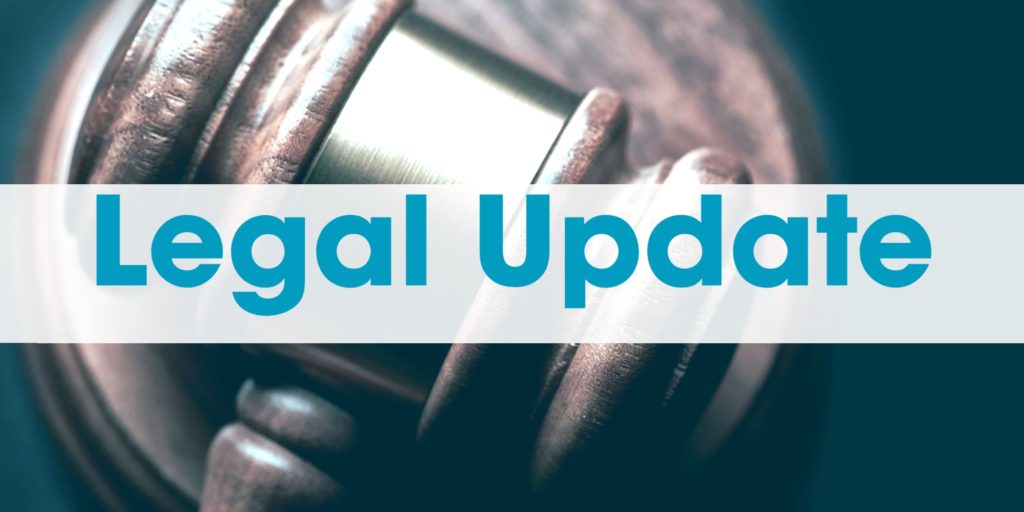10 Apr Updating Health Plans for Coronavirus Changes
 Employers may be considering changes to their group health plans in response to the ongoing COVID-19 pandemic.
Employers may be considering changes to their group health plans in response to the ongoing COVID-19 pandemic.
In some cases, health insurance issuers for fully insured plans may be initiating some of these changes to help individuals impacted by the pandemic. 04 Apr IRS FAQs: Employee Retention Credits under the CARES Act
 Under the Coronavirus Aid Relief and Economic Security Act (CARES Act), eligible employers that keep employees on their payroll for specified reasons related to COVID-19 are eligible for employee retention tax credits.
Under the Coronavirus Aid Relief and Economic Security Act (CARES Act), eligible employers that keep employees on their payroll for specified reasons related to COVID-19 are eligible for employee retention tax credits.
This Compliance Bulletin provides the Internal Revenue Service’s (IRS) answers to frequently asked questions (FAQs) on how the CARES Act retention tax credits apply to trades or businesses where operation of the trade or business has been suspended due to COVID-19 related reasons. 04 Apr CARES Act Expands Qualifying Medical Expenses
 On March 27, 2020, the U.S. Congress passed the Coronavirus Aid, Relief and Economic Security Act (CARES Act) to provide $2.2 trillion in federal funding to address the COVID-19 crisis. The president signed the CARES Act into law the same day.
On March 27, 2020, the U.S. Congress passed the Coronavirus Aid, Relief and Economic Security Act (CARES Act) to provide $2.2 trillion in federal funding to address the COVID-19 crisis. The president signed the CARES Act into law the same day.
In addition to providing direct financial assistance to Americans, the CARES Act repeals the Medicine Cabinet Tax provision of the Affordable Care Act (ACA), expanding the list of qualifying expenses that can be purchased with health savings accounts (HSAs), health reimbursement arrangements (HRAs) and flexible spending accounts (FSAs). 02 Apr CARES Act Makes Changes for Health Plans
 On March 27, 2020, President Trump signed the Coronavirus Aid, Relief and Economic Security Act (CARES Act) into law to provide $2.2 trillion in federal funding to address the COVID-19 crisis. The CARES Act makes a variety of changes affecting health plans.
On March 27, 2020, President Trump signed the Coronavirus Aid, Relief and Economic Security Act (CARES Act) into law to provide $2.2 trillion in federal funding to address the COVID-19 crisis. The CARES Act makes a variety of changes affecting health plans.
01 Apr The Look-back Measurement Method and COVID-19 – ACA Compliance
 The Affordable Care Act (ACA) requires applicable large employers (ALEs) to offer affordable, minimum value health coverage to their full-time employees or possibly pay a penalty. This employer mandate is also known as the “employer shared responsibility” or “pay or play” rules.
The Affordable Care Act (ACA) requires applicable large employers (ALEs) to offer affordable, minimum value health coverage to their full-time employees or possibly pay a penalty. This employer mandate is also known as the “employer shared responsibility” or “pay or play” rules.
ALEs can use one of two methods to determine whether employees are full time under the employer shared responsibility rules:
- The monthly measurement method determines full-time status for each calendar month based on the employee’s hours of service in that month.
- The look-back measurement method determines full-time status for a longer period of time based on average hours of service during a prior period.


 On April 9, 2020, the IRS issued Notice 2020-23 to extend key tax deadlines for individuals and businesses in response to the ongoing COVID-19 pandemic.
On April 9, 2020, the IRS issued Notice 2020-23 to extend key tax deadlines for individuals and businesses in response to the ongoing COVID-19 pandemic.